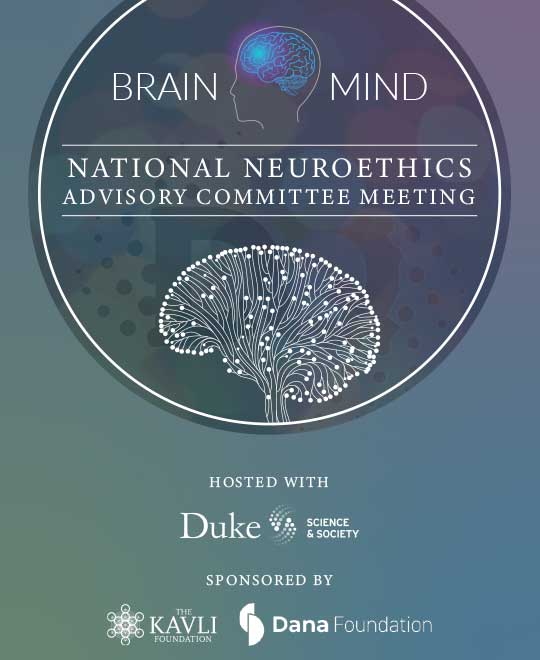Duke Science & Society, more crucial than ever
A look back at 2020 - a year of challenges, adaptation, and relevance.In the midst of a difficult and unusual year, Duke faculty, staff, and students in every school and department across campus learned to adapt and persevere in ways few of us have ever experienced before. Nonetheless, the rallying cry around campus has been largely unifying and Duke has risen to the occasion. While so much daily discussion centers on challenges and uncertainties, we take a moment to look at the progress brought about during – and in some cases because of – this difficult year.
Driving Discussion
We examined significant pandemic-related issues through our Coronavirus Conversations series
Our conversations covered challenge trials, the disparate effects of the pandemic on people of color, sex and socialization during a pandemic, and many more critical social and political issues. The virtual format allowed us to partner with like-minded organizations around the country and to expand our reach nationwide.

Our notable guests include Dr. Anthony Fauci, former FDA Commissioner Dr. Robert Califf, and Durham Mayor Pro Tempore Jillian Johnson. Our regular partners include numerous departments across campus at Duke, the Harvard Petrie-Flom Center for Bioethics, the Johns Hopkins Berman Institute of Bioethics, the Stanford Law Center for Law and the Biosciences, and the Yale School of Public Health.
Related Policy Briefs
- Information Sharing During an Epidemic
- Perfect Storms: Responding to Hurricanes While Addressing COVID-19
- Conducting Elections During the Pandemic
Continuing Research
Expanding Education
Over six years ago the Master of Arts in Bioethics & Science Policy was created in anticipation of the need for leaders who are trained to consider the ethical and policy implications of emerging science. Fields like neuroscience and genomics were already on track to fundamentally change the shape of society. While scientists were asking can we, Science & Society asked whether we should, and if so, how?
In 2018, we recognized the discussion could no longer be limited to science and we expanded our programming to include advances in technology. This past year we’ve seen first-hand the amplifying effects of social media, the power of facial recognition technology, and the influence algorithms have on what we see and hear. We continue to develop discussions and expertise on campus.
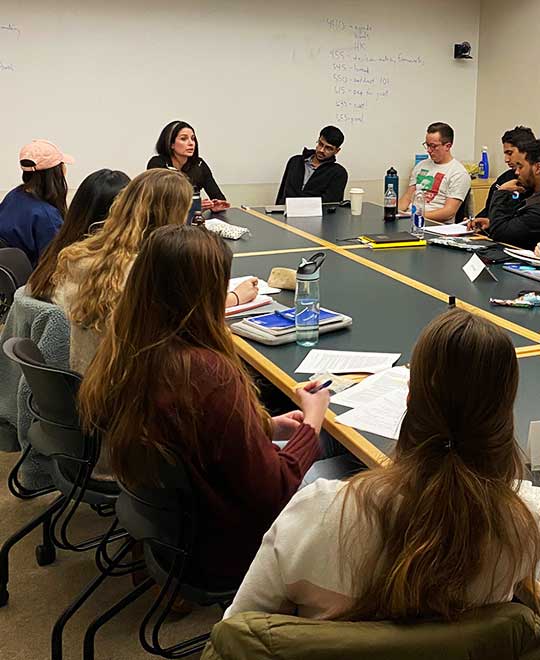
Our masters students sought solutions for pandemic-related social issues
Eight students graduated as Masters in Bioethics, Tech Ethics, and Science Policy. As part of their scholarly work, several graduates conducted research on the pandemic and studied the response in real-time. Michael Pflanzer, ’20, looked at models for decision-making in a pandemic response. Austin Odling, ’20, examined how Christian’s in America were handling the outbreak. And Dale Boyd explored precision medicine and how machine learning might be used to predict future pandemics.

We helped launch Digital Intelligence (DQ), a new undergraduate certificate at Duke
Together with the Center for Computational Thinking, S&S helped launch the Digital Intelligence certificate, a new track within the Science & Society undergraduate certificate program. The curriculum focuses on providing undergraduate students with foundational understanding of contemporary and emerging computational thinking, such as artificial intelligence, cybersecurity, web/mobile technologies, databases and software engineering.
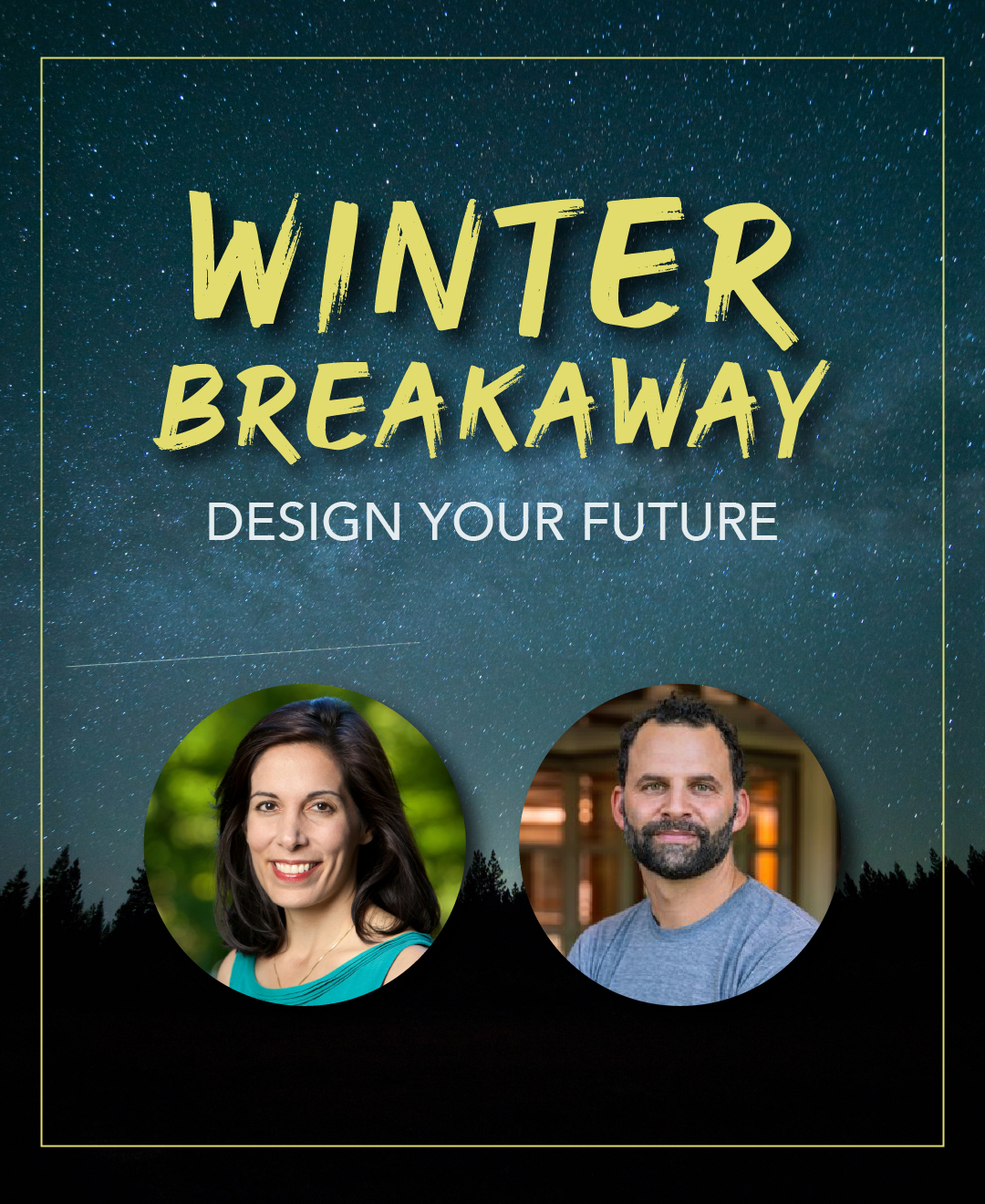
We developed two tech-centered courses for Winter Breakaway
Duke’s Winter Breakaway offers undergraduate, graduate, and professional students learning opportunities between semesters. Science & Society developed two courses two introduce students to concepts in tech ethics and policy.

We Welcomed the 2023 class of Huang Fellows
The switch to virtual life didn’t prevent 20 of Duke’s brightest from taking part in one of the most competitive undergraduate fellowships on campus.
“The Huang Fellows Summer Program has genuinely changed me as a person through its diverse yet superb programming. Learning from leading research experts at Duke talking topics spanning from their research in Artificial Intelligence to race equity issues in academia, I’ve learned to become a better leader, researcher, and person.”
Engaging Policymakers and the Public
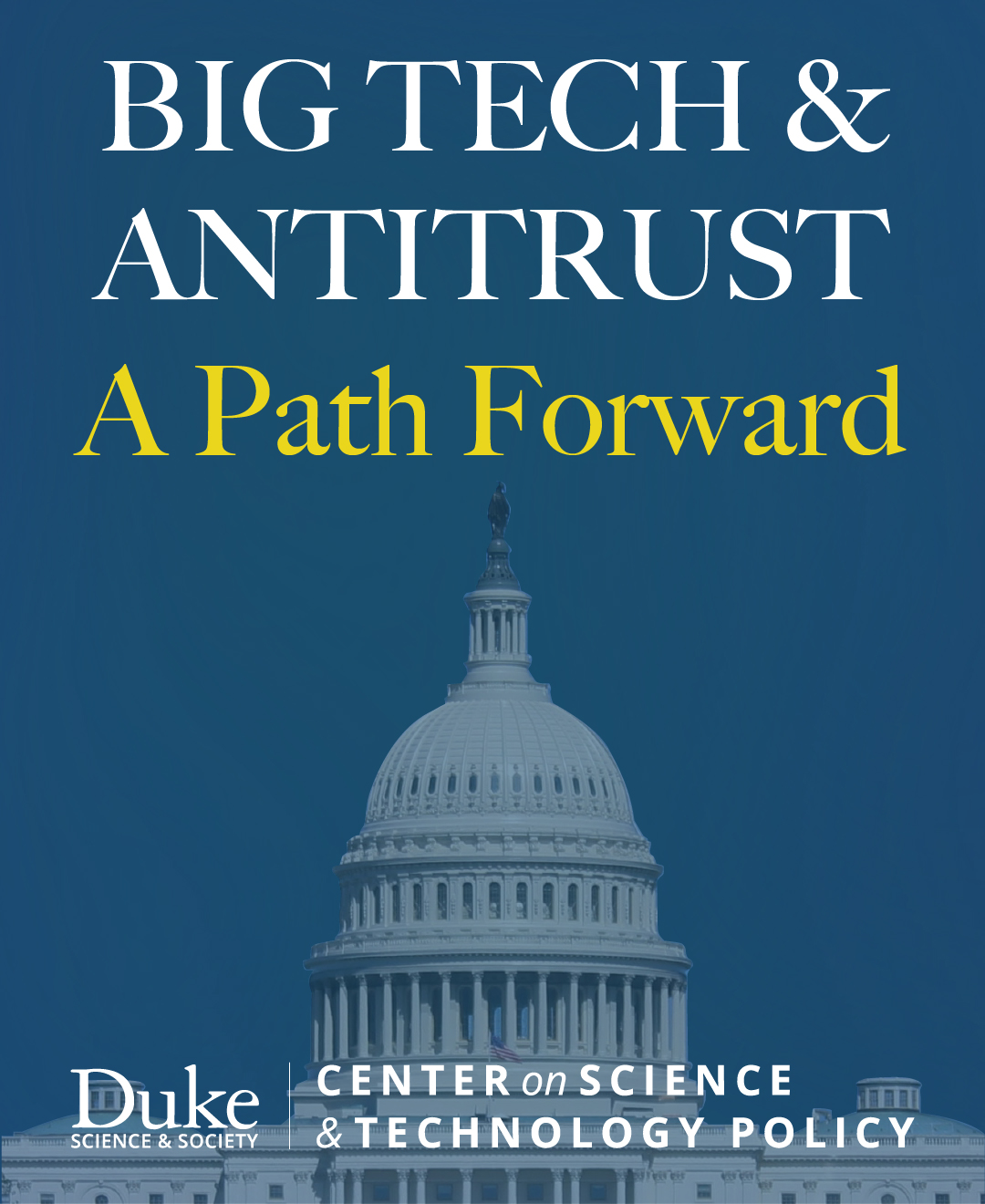
We proposed solutions to some of the most pressing tech issues of the year.
Amid protests and the pandemic, lawmakers drew particular attention to antitrust law and Section 230 – a critical law that protects Internet companies from the actions of their users. The technology companies most criticized are inextricably woven into our daily lives and continue to transform the way we receive and digest information. The Center on Science & Technology Policy hired key staff to examine these issues and propose solutions.
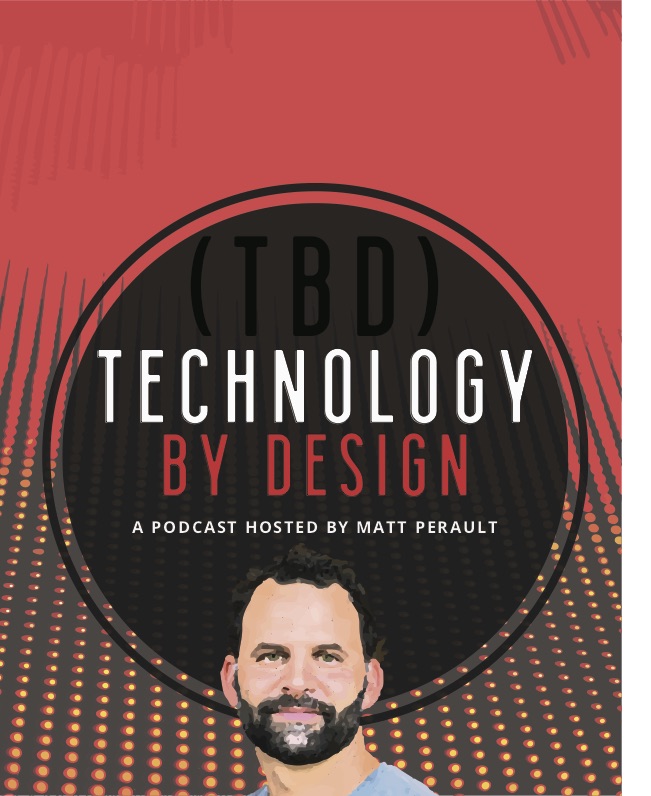
We established a bi-weekly podcast on tech policy
Technology By Design aired 32 episodes since its inception in December, 2019. Host Matt Perault holds discussions with experts around the world on everything from the pandemic and the digital divide to the US/China Cold War.
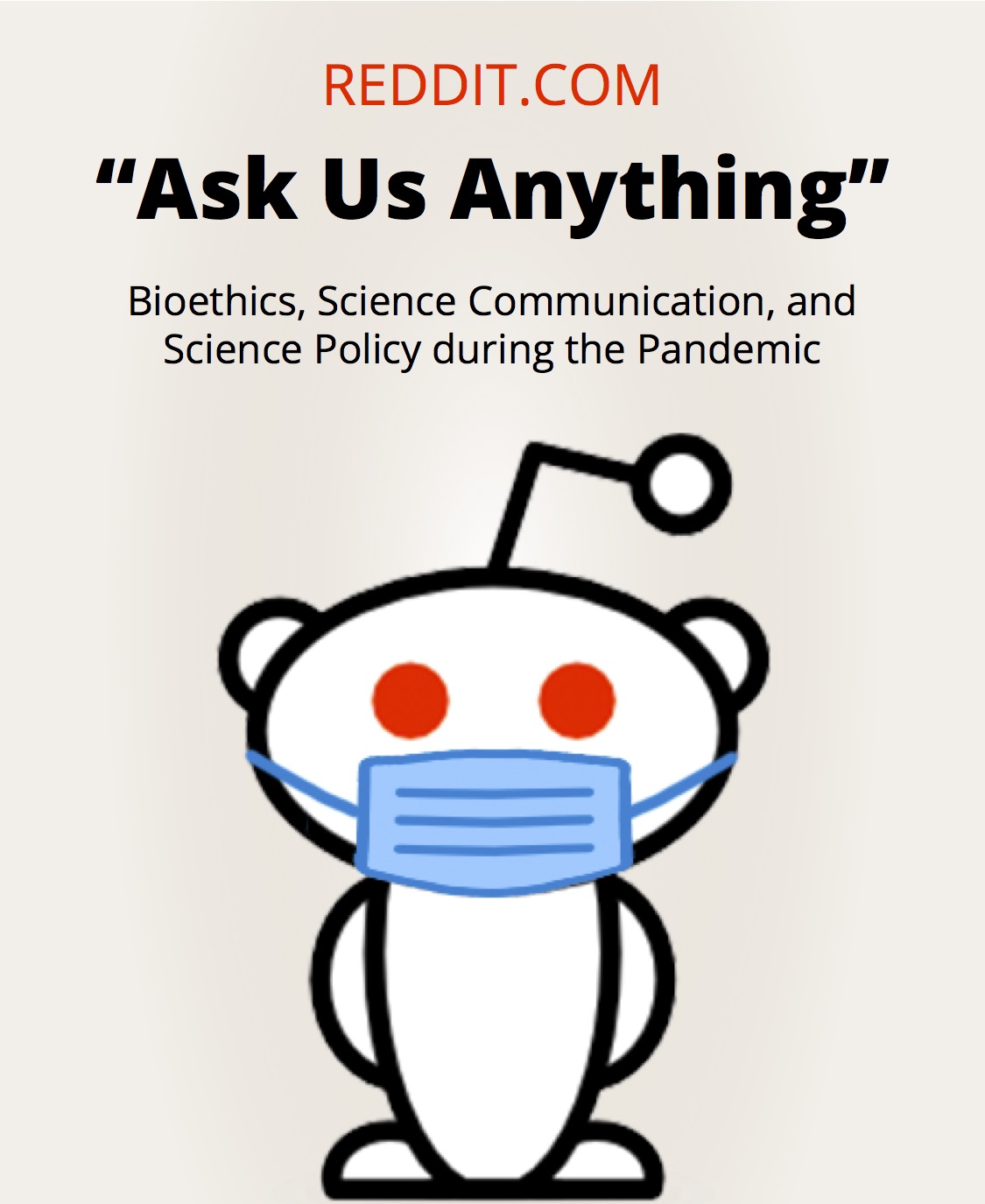
We held our first ever Reddit AMA
Our bioethicists, science communicators, and science policy experts gathered together to answer questions related to the pandemic live on Reddit in our first every “Ask Us Anything!”
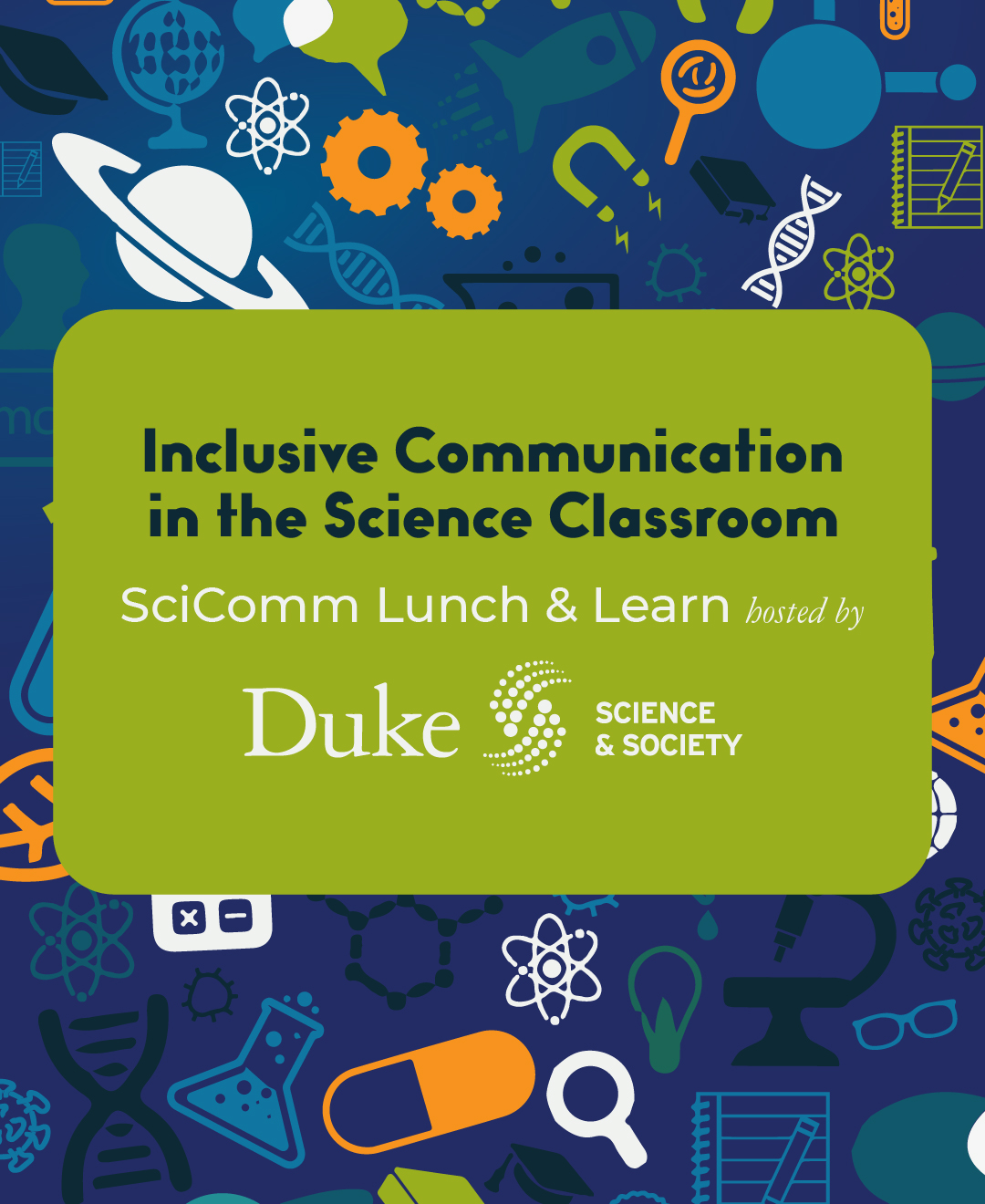
We continued our science communication training and outreach
If 2020 taught us anything, it’s that communication is complicated. Whether we’re fighting the spread of disease with new phrases like “flatten the curve” or coining new viral hashtags like #vaxxie to help encourage vaccinations, effective communication is critical to generating trust and delivering important messages to the masses.
Watch: Science Communication Lunch & Learns
The SciComm Lunch & Learn series continued uninterrupted in virtual format. Like Coronavirus Conversations, the adaptation allowed for larger viewership and guests who otherwise might not have been able to meet in person.
Read: Proof of vaccination will be very valuable — and easy to abuse
Imagine a two-tiered society: One group has access to jobs and public places, one doesn’t. Dr. Nita Farahany explains the perils of “immunity passports” just as the first Covid-19 vaccines are being distributed.
Watch: Restoring Faith in Public Science Agencies
Watch Alan Alda and Dr. Anthony Fauci discuss how to restore the faith of the American people in science and the scientific agencies in this special Coronavirus Conversation.
Celebrate: “Exploring Diversity and Career Pathways in Science Policy.” at SACNAS 2020
Dr. Jory Weintraub returned to the annual conference of the Society for Advancement of Chicanos/Hispanics and Native Americans in Science with two S&S Alumni to discuss careers in science policy.
Staying Together While Socially Distancing

We looked for ways to stay connected…
Each of us cope with the stresses of the past year in various ways. It turns out for many at Science & Society that includes baking! So, while we each work apart in our home offices, we stay connected with a little friendly competition inspired by the Great British Baking Show!





